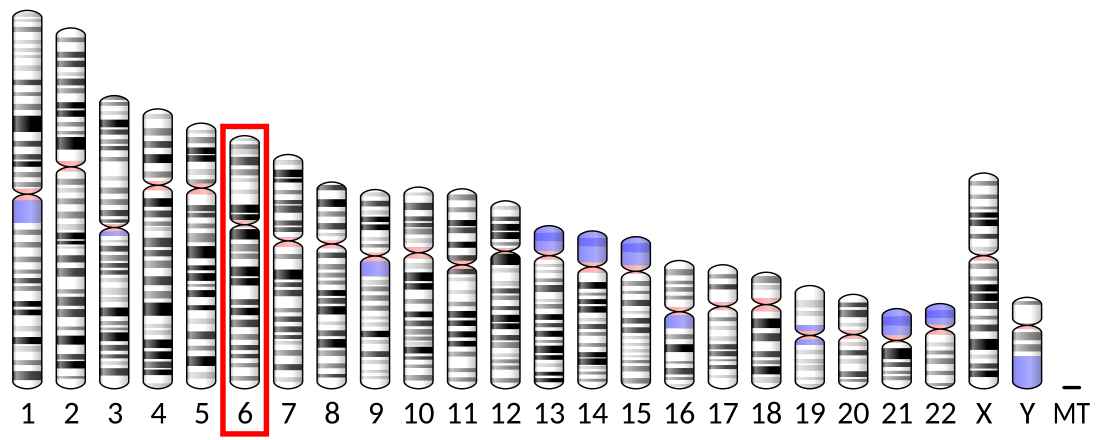PERP
Protein-coding gene in the species Homo sapiens From Wikipedia, the free encyclopedia
p53 apoptosis effector related to PMP-22 is a plasma membrane protein that, in humans, is encoded by the PERP gene.[5][6]
| PERP | |||||||||||||||||||||||||||||||||||||||||||||||||||
|---|---|---|---|---|---|---|---|---|---|---|---|---|---|---|---|---|---|---|---|---|---|---|---|---|---|---|---|---|---|---|---|---|---|---|---|---|---|---|---|---|---|---|---|---|---|---|---|---|---|---|---|
| Identifiers | |||||||||||||||||||||||||||||||||||||||||||||||||||
| Aliases | PERP, KCP1, KRTCAP1, PIGPC1, THW, dJ496H19.1, TP53 apoptosis effector, p53 apoptosis effector related to PMP22, EKVP7, OLMS2 | ||||||||||||||||||||||||||||||||||||||||||||||||||
| External IDs | OMIM: 609301; MGI: 1929938; HomoloGene: 11098; GeneCards: PERP; OMA:PERP - orthologs | ||||||||||||||||||||||||||||||||||||||||||||||||||
| |||||||||||||||||||||||||||||||||||||||||||||||||||
| |||||||||||||||||||||||||||||||||||||||||||||||||||
| |||||||||||||||||||||||||||||||||||||||||||||||||||
| |||||||||||||||||||||||||||||||||||||||||||||||||||
| Wikidata | |||||||||||||||||||||||||||||||||||||||||||||||||||
| |||||||||||||||||||||||||||||||||||||||||||||||||||
PERP is a direct transcriptional target of p53, but its transcription can also be regulated by other transcription factors.[7]
PERP is important for skin development, and loss of PERP is associated with the development and progression of several types of human cancers.[7]
References
Further reading
Wikiwand - on
Seamless Wikipedia browsing. On steroids.





